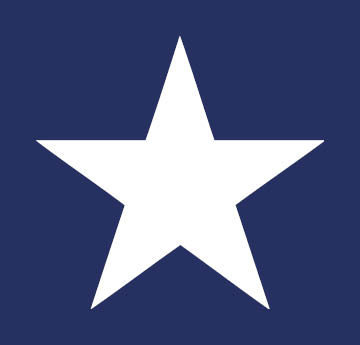Transferable Skills for your CV
Transferable skills are the skills we use in everyday working life. These skills can sometimes be referred to as ‘softer skills’ and whilst you will also need specific / technical skills for occupations. Below is an example of different types of transferable skills, try to fit these into CVs and job applications but don’t feel the need to squeeze them all in but some would be useful.
| Skills | Definition |
|---|---|
| Decision making | Identifying options, evaluating them and then choosing the most appropriate course of action |
| Problem solving | Identifying and using an appropriate method or technique to arrive at a solution |
| Planning | Working out how to schedule available resources and activities in order to meet an objective or deadline |
| Oral communication | Using speech to express ideas and give information or explanations effectively |
| Written communication | Producing grammatical, well expressed, easily understood and interesting text in an appropriate format |
| Negotiating | Holding discussions with people in order to reach a position of mutual satisfaction and agreement |
| Adapting | Changing or modifying your behaviour in response to the needs, wishes or demands of others |
| Leadership | Being able to lead and motivate, set direction and win the commitment of others |
| Business awareness | An interest in a knowledge of the commercial environment |
| Researching information | Finding information appropriate to an issue from a variety of sources |
| Flexibility | Being able to change plans and respond to new information and / or situations |
| IT literacy | Understanding and being able to use a range of office software such as word processing spreadsheets and a databases |
| Time management | Ability to manage personal tasks effectively and to meet deadlines |
| Numeracy | Ability to use and work with figures |
| Team working | Ability to work effectively with others to achieve objectives |
| Ability to prioritise | Being able to decide priorities for achieving targets |


